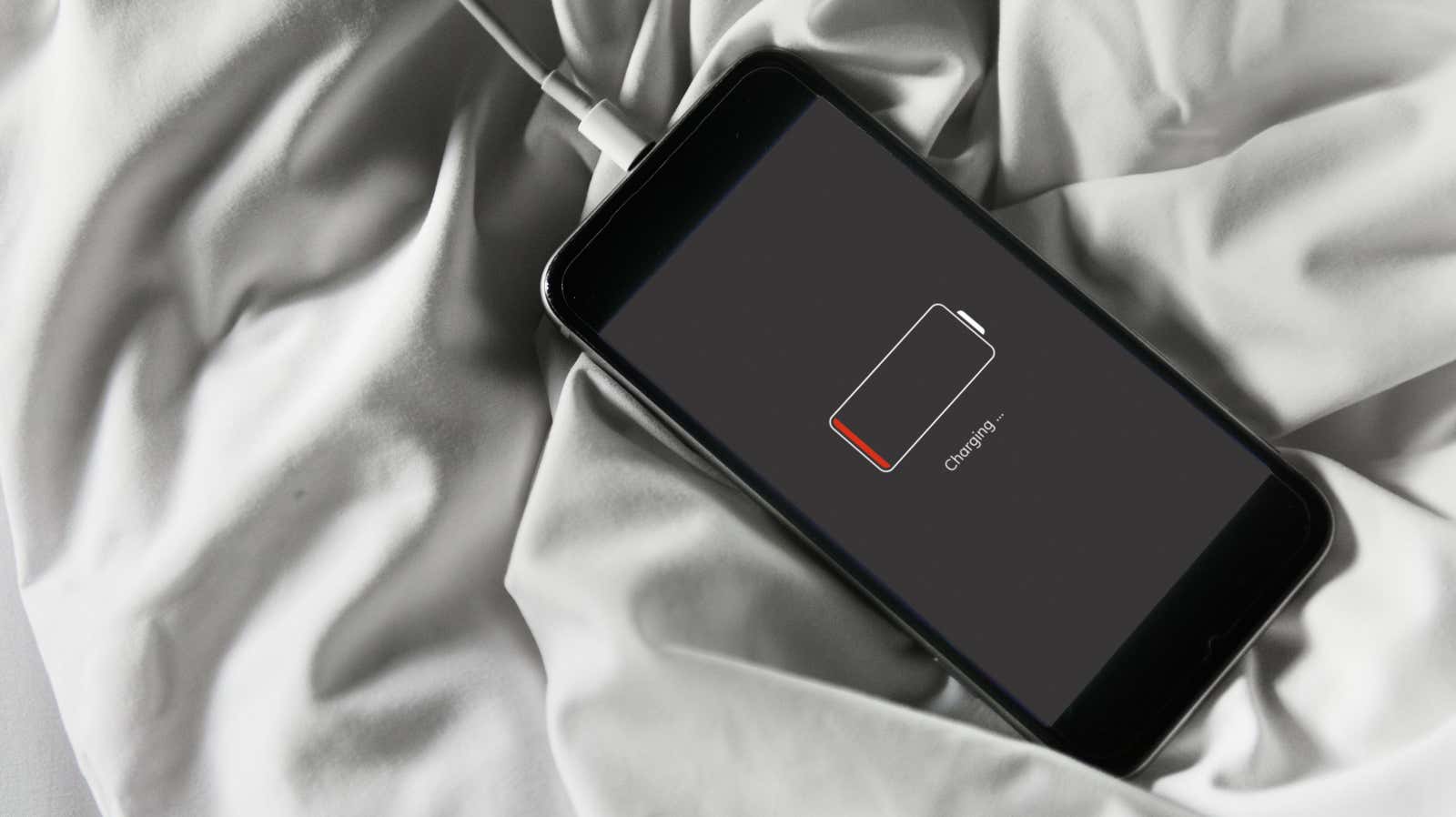Why You Shouldn’t Waste Time (or Money) Worrying About “battery Health”

Battery health is important, right? After all, our portable devices depend on them. However, these days you really shouldn’t worry about your health as much as you might think.
Tech enthusiasts and general users alike usually want the same thing: maximize the battery life of our smartphones and laptops. But we also want the inevitable – and inevitable – battery wear to be as slow as possible. So how much do the batteries drain? And how worried should we be about costly replacement or buying a new phone when our batteries start to run out?
What are battery cycles?
As batteries age and deteriorate, they lose their ability to hold a full charge. One of these reasons has to do with cycles: one battery cycle is defined as using up all of your battery’s energy, which sounds simple enough, but it doesn’t just go from 100% to 0%. If you used half your laptop battery one day, charged it, and then used the other half the next day, it will indeed be one cycle.
Another problem is the extended full or high charge times – this is the reason why many people who care about batteries tend to unplug their devices from chargers at night. The idea is to ensure that the devices do not remain charged at such a high level, as it has been shown that maintaining this level of charge for extended periods of time leads to their faster degradation.
How Battery Optimization Works
The core technology of lithium-ion batteries has remained largely the same, but manufacturers are implementing software solutions that help slow degradation without us having to do much on our end. One of the most common strategies we see these days is battery optimization. This feature has different names depending on the manufacturer and device, but the idea is the same: your device learns your charging habits for a given period of time, and then determines when you are most likely to need a 100% battery. Until that time, the device will hold the charge at 80% when connected to a power source, and only resuming charging will bring you to 100% at the set time.
This 20% difference keeps your battery below 100% longer, and slows down the battery cycle counter if you accidentally unplug your device when the battery is 80% charged. Both of these factors can slow down the aging of your batteries, which means your devices will last longer on battery life.
This is a handy feature that appears on all devices. Smartphones, laptops, and even wireless headphones like AirPods Pro analyze how you charge your devices to reach 100% only when you need it. When it comes to these smart devices, don’t bet against the house – you just have to worry less carefully about when to plug and unplug your devices from the charger if you do it all the time.
Why you shouldn’t worry too much about your phone battery
For something like a smartphone, it’s best to leave it on while you sleep. Your phone will handle normal business and will charge the battery about 80% most of the night.
But even aside from optimizing the battery, you shouldn’t pay too much attention to caring for the health of the battery. Batteries decompose; that’s just what they do. Eventually, you will notice a difference in your device’s ability to hold a charge. And then it might be worth just replacing the battery.
For example, replacing the iPhone battery costs $ 49 or $ 69 depending on your specific model. It’s not necessarily cheap, but compared to the cost of upgrading your device, it’s a bargain and you will have a fresh battery to start over. In short, just enjoy your technology. And just in case, don’t forget the charger.